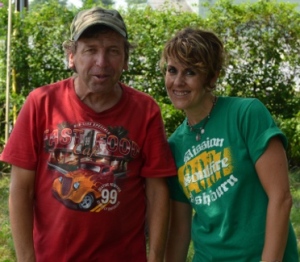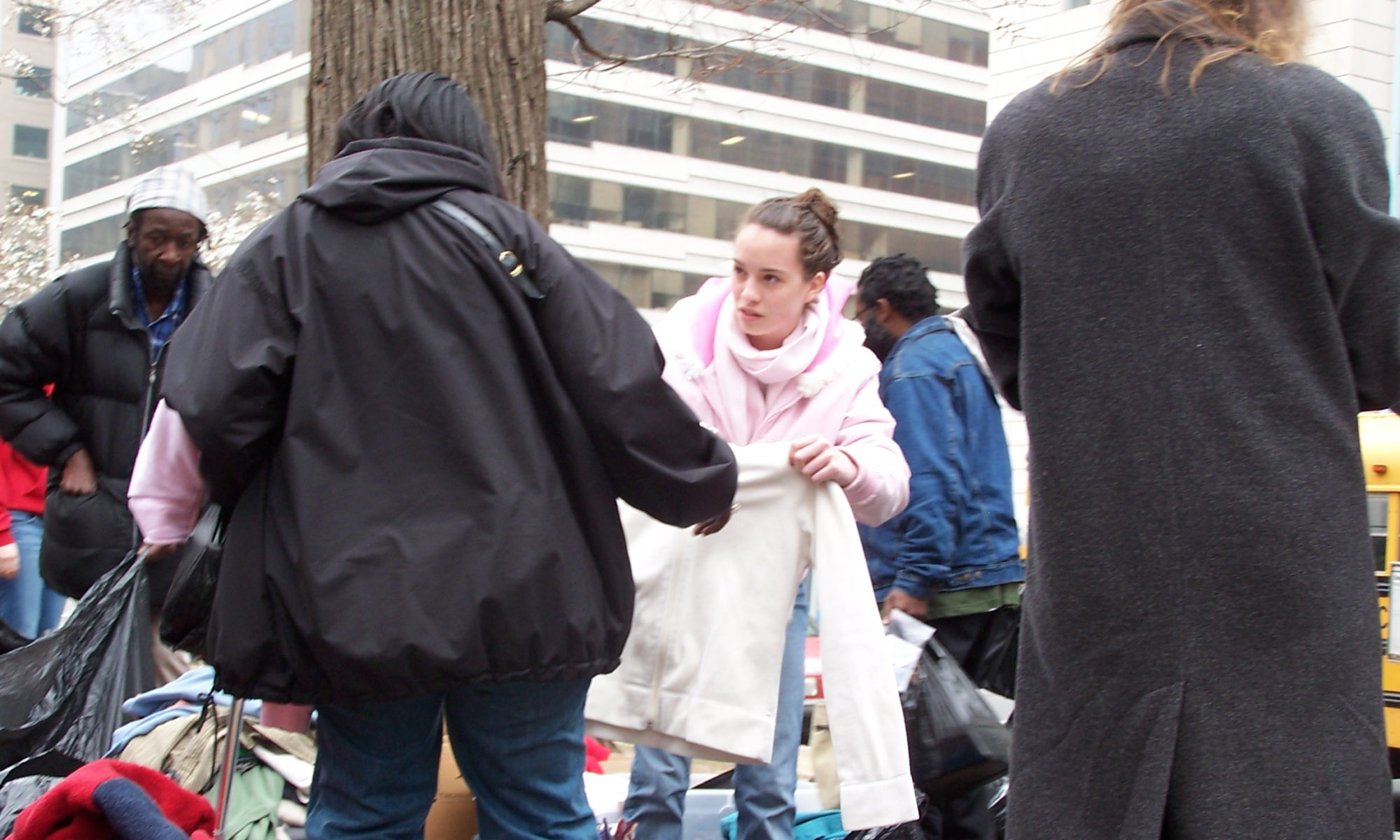
The message on Facebook came from Robert Strosnider. His brother, Garland, had passed away unexpectedly. I was shocked. Garland was still in his 50s. I had just seen him a couple of weeks before.
Robert’s wife, Melissa, called me seconds after I read the message. As soon as I answered, she handed her phone to Robert. He was overwhelmed with grief and uncertainty over making arrangements for Garland. Our conversation on the phone was punctuated by his sobs. He and Garland argued a lot, but they were still very close.
I couldn’t sort out all the details of why the police were called to Garland’s house, but they found him in the bathroom. Apparently he had hemorrhaged to death. His body was sent off for autopsy, but police didn’t seem to suspect foul play.
As I listened to Robert, my mind reached back over the last four years that our youth and adult volunteers had been working on Garland’s house. Through Impact the Valley, Teens Opposing Poverty’s summer mission camp, we painted the outside, demolished a garage that had fallen apart, gave him water, heat, a kitchen and a useable bathroom. He lived in the family home on a monthly disability check he received due to cerebral palsy and couldn’t afford to do any of the work himself. We weren’t finished, but we had given him a livable home.
But instead of the work, I thought about the beautiful relationships that came from our time with him. Some of our youth (now young adults) became Garland’s favorite people and he became one of theirs. I rarely had a conversation with him where he didn’t mention them. It was a powerful, close connection that impacted everybody involved.
I used to love to watch Garland light up when any of us came to his house and to see smiles on the faces of our volunteers, his friends, when they saw him. They were often like kids playing together.
These four years with Garland and our volunteers gave me a wonderful view of agape, that unconditional love God has for us and wants us to have for each other. It’s a love that crosses the boundaries of race, economic status, background, education and all the other fences that we put up around ourselves. Agape is beautiful, big and possesses an energy that can be experienced, but never explained.
We will never forget Garland and our special relationship that broke down the walls. It brought true joy into the hearts of lots of people. We will all miss you, Garland. May you find rest in the arms of Jesus.
Steve Jennings, Executive Director
